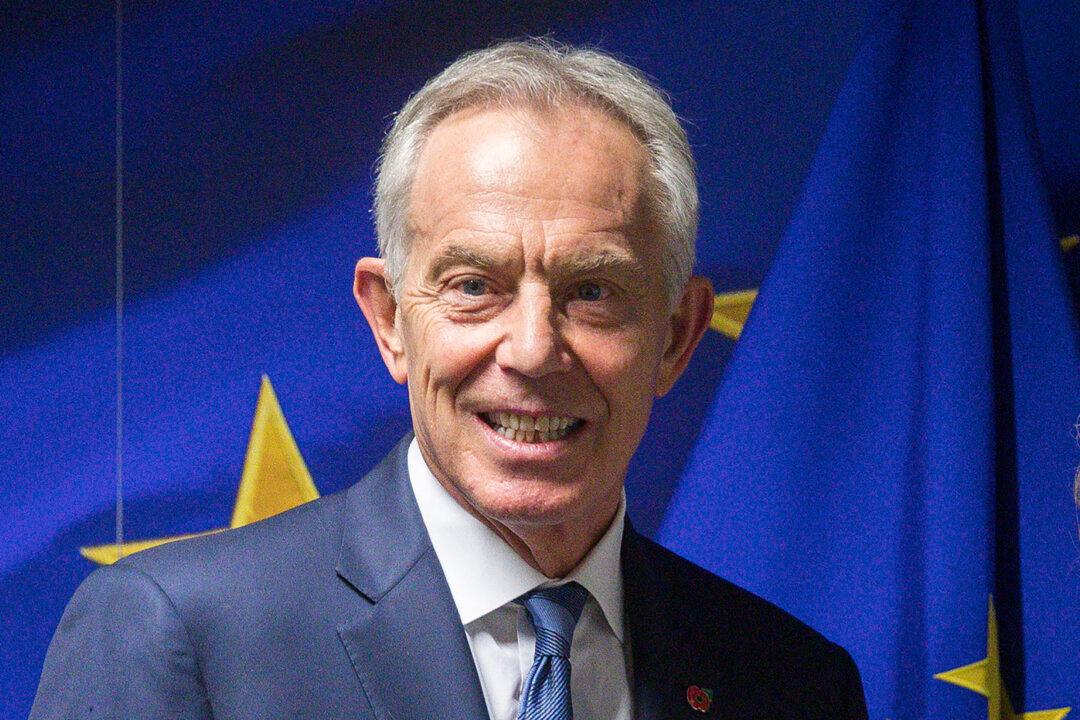Tony Blair’s Labour government proceeded with plans to grant employment rights to Eastern and Central European workers following the European Union’s 2004 expansion, despite concerns voiced by his ministers, newly released government files have revealed.
The former prime minister relaxed immigration controls in 2004, offering a “concession” to the nations joining the EU, including Poland, Hungary, the Czech Republic, Slovakia, Slovenia, Latvia, Lithuania, and Estonia.





